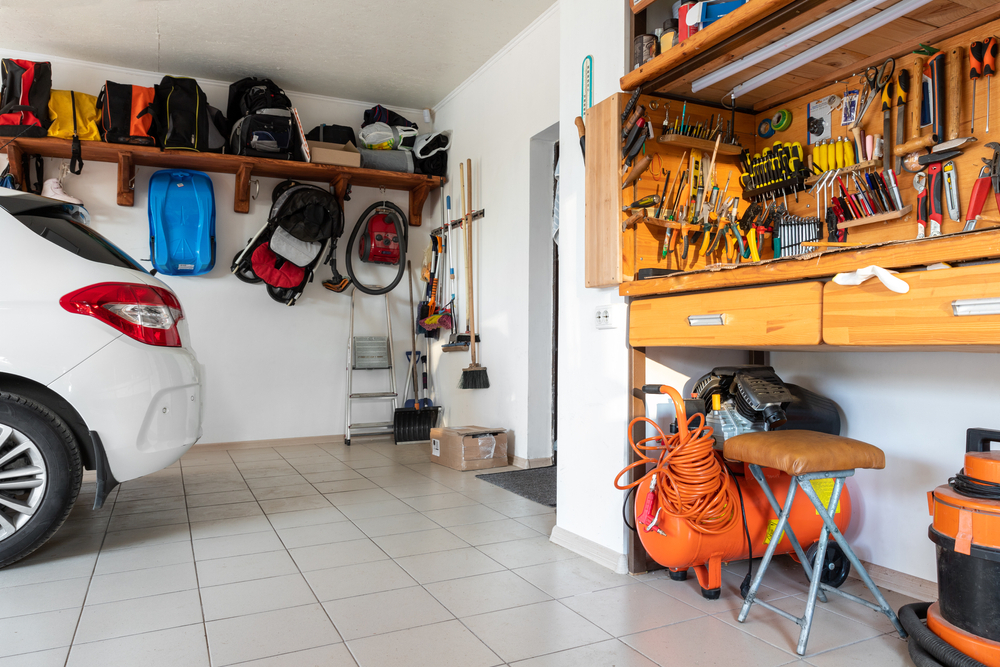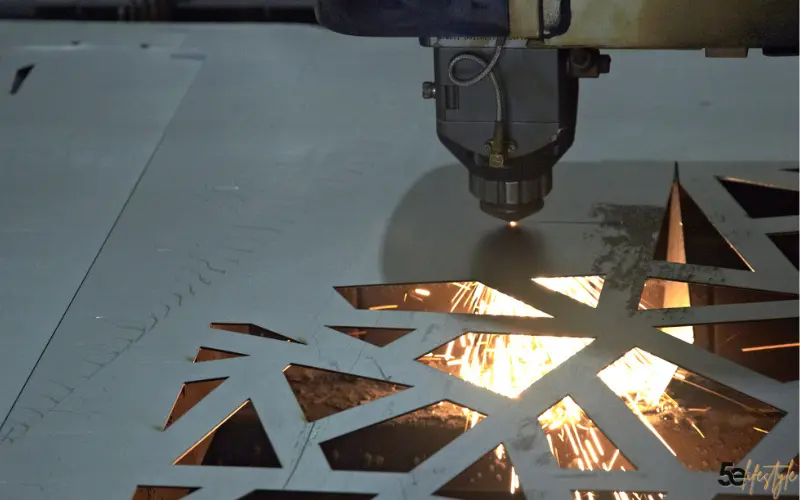News
What You Should Know About Making A Will

A will is a legal document that states how you want your assets to be distributed after your passing. You are also supposed to nominate guardians for your children or pets in your will. You must know specific terms while creating a will. Firstly, you should know that testator is a person who makes a will. Then, the executor is an individual that the testator appoints to carry out their will. Lastly, there are beneficiaries who are the people that the testator in the will gives bequest. Whenever a person passes away with a will, his will is presented to the local court. After examining the will, the court gives authorization to the executor to distribute your assets.
If a person passes away without a will, then it is known as dying intestate. In such cases, the local court has the right to distribute your assets as per the state laws of intestacy. Typically, it gives your children, spouse, siblings, and relatives some portion of your property. Although, the amount of distribution can vary according to the size of your property and state laws. Without further ado, let’s find out what you need to know about making a will.
-
Table of Contents
Deciding Type of Will
Once you completely understand what is a will, you have to decide what type of will you need to make. Different types of will include a living will, simple will, joint will, deathbed will, and holographic will. Usually, people prefer the simple will, but you should consult your lawyer to make a final decision.
On the other hand, if you have many properties, then you can choose the living will. A living will provides good end-of-life planning.
-
Deciding What Assets to Include
The most important part of making a will is to decide what assets you want to include in it. You have to declare in your will that after your passing, who will have the right to own your assets. Therefore, you should know what type of assets you can include in your will. Property such as your home, land, or vehicles can be included in the will.
Also, if you have any life insurance policies or retirement accounts, you can include them in your will. People also nominate caretakers in their will to take care of their pets after their passing. If you have any pets, you have to name a trusted individual who can look after your pet as per the laws.
-
Selecting Who Will Have Your Assets
Once you have made a list of assets you want to include in your will, you have to decide who will receive them. The recipients who can receive your assets are known as beneficiaries. You may nominate your family to receive everything you own after your passing. The beneficiaries can include friends or extended family members, so you have to take your time to make a final decision.
You have to explicitly declare that who will receive your assets once you pass away. Also, you must know that beneficiaries and testaments in your will can not override what is on a deed. For example, if you and your spouse’s name are on the house deed, your spouse will own the house after your passing.
-
Selecting Your Executor
The person who is responsible for fulfilling your final wishes and letting everyone know about your will is known as the executor. The executor will ensure the fair distribution of your assets to your beneficiaries. You have to declare the name of the executor in your will. You should think of a reliable person to nominate as an executor who can fulfill complex responsibilities efficiently. Most of the individuals declare the name of their spouse in their will. You can also nominate the attorney or accountant as your executor in your will and pay them a certain amount of fee.
Fulfilling responsibilities as a will executor is a daunting task. When you decide to name an executor, you should discuss the matter with them in detail. It will help them know what type of responsibilities they have to fulfill. People also declare the backup executor if your primary executor can not show up at the last moment for any reason.
-
Selecting Guardian for your Children
If you have minor children, then you need to name a guardian for them in your will. If you pass away, your spouse will get the legal guardianship of the children. However, if both of you pass in an accident or due to any other cause, you should nominate the guardian for your children.
You must understand that taking benign a guardian is a big responsibility. Before nominating a guardian, you should discuss with that person to check whether they are eligible to take that responsibility or not. Think of who the right person is and who has good character and qualities to raise your children. It is one of the crucial parts of the will because if you pass without nominating the guardian, it can have negative effects on the future of your children. If your spouse fails to properly take care of your children, then the court will have the right to choose your guardian. In case of no volunteers, your children can go to the foster care system, so you have to plan beforehand to avoid such situations.
-
Signing Will Be In The Presence Of Witnesses
Once you have taken care of all the legal aspects of your will, you have to sign it in the presence of witnesses. Some states require two witnesses to sign the will, but it can vary according to the laws of different states. You should know that your guardian, executor, or anyone who is linked to your will cannot be a witness. You may convince your friends or neighbors to be your witness. Again, you have to ensure that witnesses are your trustworthy individuals.
Passing is inevitable, so we all should take such steps that our loved ones do not have to face any difficulty when we leave this world. While making a will, you should discuss all the legal aspects with your attorney. It will help you make the right decisions in the will that will positively impact the future lives of your family members.
Then why not visit the News section of our website: uwatchfree













